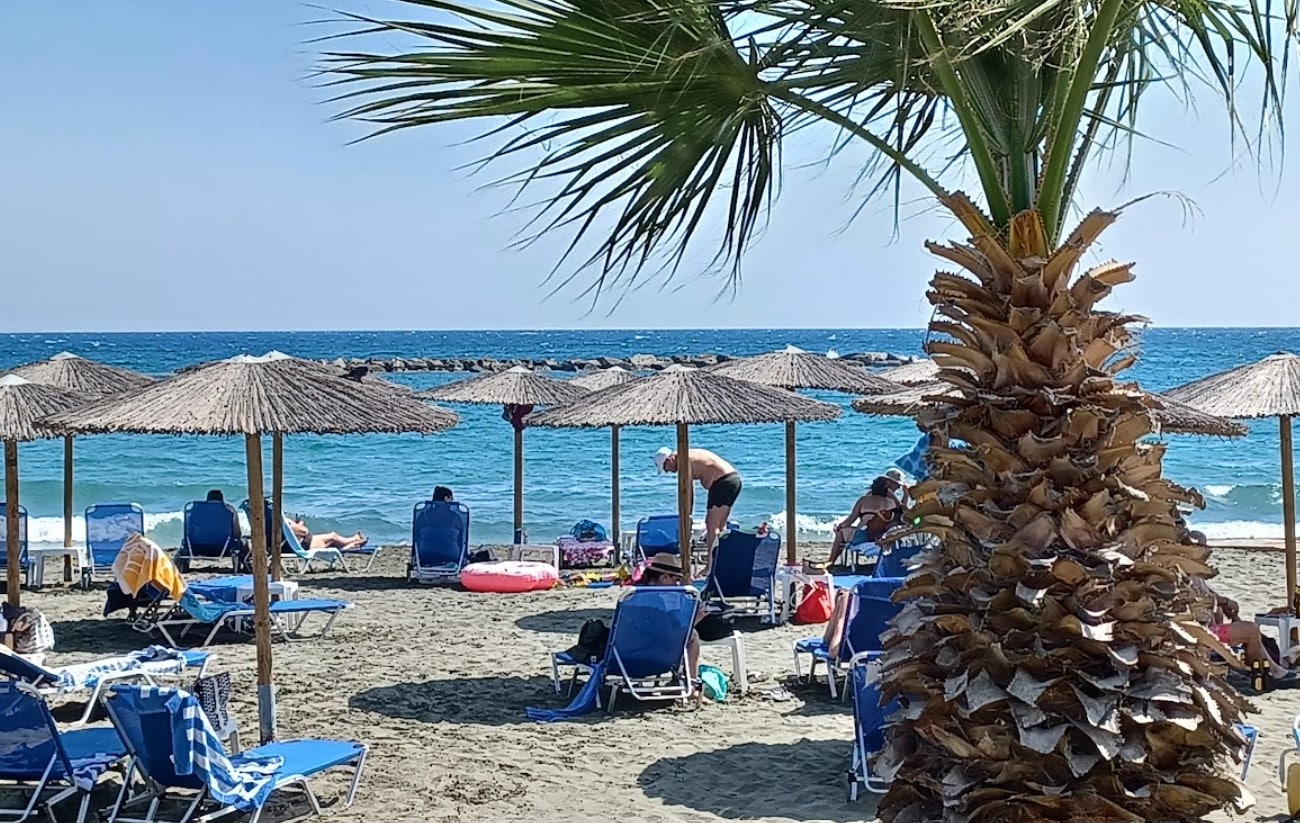Despite a challenging year, Cyprus managed to see an increase in both tourist arrivals and revenues in the first half of the year, Deputy Tourism Minister Kostas Koumis said, while reiterating that negative reports must not be allowed to grow into something more severe.
Speaking at an event held by the Limassol Chamber of Commerce and Industry, Koumis also underlined the vital role of local authorities in supporting the island’s tourism sector.
Presenting findings from the Tourism Observatory, Koumis stressed that local authorities must include a tourism agenda in their responsibilities.
“Every local authority must have a tourism agenda alongside social and infrastructure projects,” he said.
“Our decision to engage with local authorities is part of our broader efforts to align our country’s tourism ecosystem,” Koumis continued.
He also said that “it is important that we are all on the same page; otherwise, we will not achieve the state’s major tourism goals”.
Moreover, Koumis mentioned that the findings could guide local authorities towards making informed decisions to tackle chronic regional issues.
“These findings can lead local authorities to the right decisions, enabling them to solve chronic problems that concern each region individually,” he explained.
“It is very important for each area to understand its potential, the competitive landscape, and how the tourism system works,” he added.
Koumis also stated that the deputy ministry will not publish negative data that could harm Cyprus’ reputation as a tourist destination, noting these reports usually pertain to issues of nuisance and cleanliness.
In this context, he said that major tour operators often give favourable feedback on Cyprus, praising its strong infrastructure, excellent gastronomy, and hospitable people.
In the first half of 2024, Cyprus experienced a 2.4 per cent rise in tourist arrivals compared to last year, alongside a 5.5 per cent increase in revenue.
“It is important that these positive aspects are highlighted, despite the minor issues that act as negative publicity,” Koumis said.
He referenced the negative publicity Cyprus received from the British tabloid Daily Express following a report during the general assembly of the Cyprus Hoteliers’ Association (Pasyxe), concerning the bankruptcy of tour operator FTI.
“It is very important to avoid false reports and to always be realistic and honest,” Koumis said.
“If we need to come to an understanding between us to resolve some problems, we are happy to do so,” he added.
“But we must remember,” he continued, “that we are in the era of fast news, and a negative report may quickly turn into negative publicity for our country, with all that implies.”
Koumis also mentioned the grant scheme offering up to €65,000 for projects in rural, mountainous, and remote areas. He expressed hope for strong interest before the application deadline on September 6.
Addressing the impact of climate change, Koumis said that there is a trend of tourists avoiding destinations with very high temperatures, leading to lower demand in July and August and greater potential in September and October.
He also highlighted a decrease in the average length of stay for visitors, from 8.6 days last year to an expected average of fewer than 8 days this year.
This reduction, he said, is attributed to economic conditions in Europe and a resurgence in the Israeli market, which typically records shorter stays.
Commenting on the decline in cruise ship arrivals at Limassol port, Koumis explained that this was anticipated due to the war in Israel, as the port of Haifa served as a home port for cruise companies.
Despite the numerous challenges this year, such as the war in Israel and the aviation sector crisis, Koumis said that “fortunately, we have overcome them, and the results speak for themselves”.
Finally, in a bid to promote rural tourism, Koumis announced plans to visit wine-producing villages in the Limassol district on Saturday.







Click here to change your cookie preferences